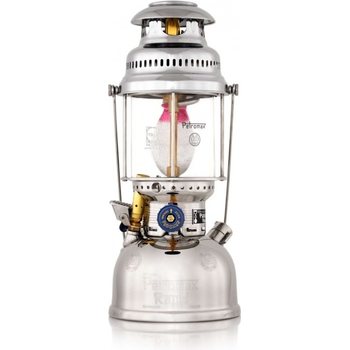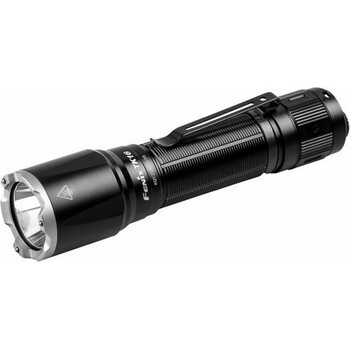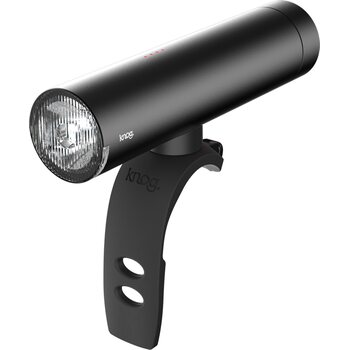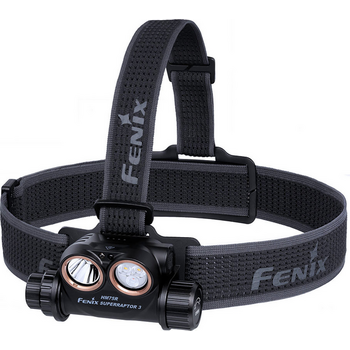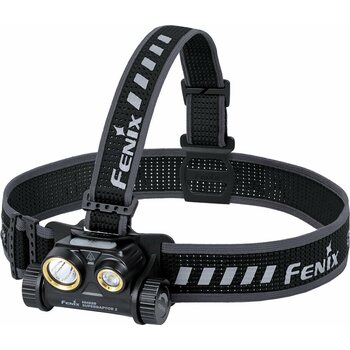
How to choose a headlamp
户外运动, 攀岩用具, 跑步, Winter sports, 狩猎运动, Trekking, How to choose -guides, Snowshoeing, 野外滑雪, 皮划艇运动 by Ilari H., 16.11.2022
As autumn and winter bring darker days, headlamps and other lights become essential for outdoor activities. In addition to long autumn and winter hikes, a handy headlamp can be useful for many other purposes. For example, rock climbing or mountain biking can continue with a headlamp on even after the sun has set. Moving with light on your head in the middle of the darkness brings a new dimension to the activity, adding a sense of adventure.
A light designed for outdoor use is also useful in everyday life. You can wear a headlamp on evening walks or while taking the dog out, making it easier to see your steps. Additionally, a headlamp increases safety as it’s highly visible to drivers. It’s also handy during a power outage at home.
LED technology has made significant advances in recent years. Today, even small, lightweight, and affordable headlamps offer surprisingly strong brightness. Prices of headlamps vary from a few dozen euros to several hundred euros, and choosing the right one depends on your intended use.
Our most popular headlamps:

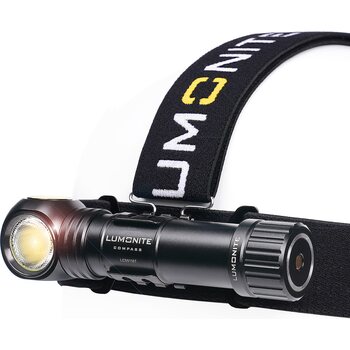
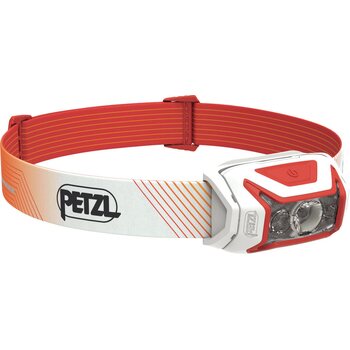
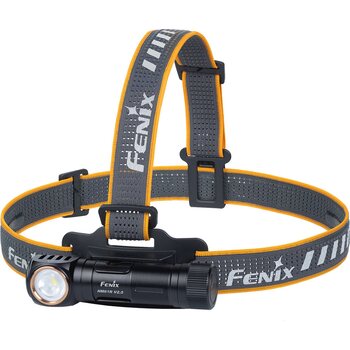
Headlamp brightness
The brightness of lights, or luminous flux, is measured in lumens. For basic use, such as walking on streets or easy hiking trails, or walking the dog, a lower light output is sufficient. For example, a headlamp with 200-400 lumens is adequate for general use – walking on clearly marked trails, reading maps, and handling gear in camp. These types of headlamps are usually lightweight, unobtrusive, and more affordable than those with higher light outputs.The more challenging the route and the larger the area you need to illuminate, the higher the light output should be. For instance, when moving on difficult-to-follow trails in the dark, moving at a faster pace, or simply needing more light for your adventures, headlamps with 400-600 lumens provide better visibility.
There are other features to consider in headlamps: when reading a map in the dark, it can be useful if the headlamp has a red light option, which does not impair night vision or dazzle eyes that are already accustomed to the dark.
Some headlamps also feature an adjustable beam. The dispersion of light significantly affects the perceived brightness. A focused beam allows you to see further into the terrain, while a wide beam is ideal for tasks like setting up a tent.
Headlamp battery life
In addition to brightness, the promised battery life is one of the most important factors in selecting a suitable headlamp. Some lights in the 200-500 lumen range still use disposable batteries, while others are rechargeable. It depends on the user and the intended use which option seems more appealing. Many headlamps can use either batteries or a rechargeable battery.More powerful lights typically use rechargeable batteries. On longer trips and hikes, battery-powered lights can be recharged at camp using a power bank. When operating in winter conditions, keep in mind that cold weather may shorten the expected battery life.
Most headlamps offer the ability to adjust the brightness, meaning they have multiple light output levels. This feature allows you to extend the battery life by reducing the amount of luminous flux when a shorter visibility distance is sufficient.
Lights for more intense activities
For activities like trail running or mountain biking, the ability to see further distances is essential. A suitable light for such uses provides at least 1000 lumens of luminous flux.Night orienteering is one of the most demanding activities for a headlamp. When running in a dark forest, it’s crucial to see checkpoints and terrain shapes from as far away and as clearly as possible. The best headlamps for avid night orienteers offer up to 6000 lumens of luminous flux, although they’re typically not used at full power continuously. At full power, the light heats up quickly, and its battery life won't last for the entire event.
If you're running with a headlamp, it’s also important to consider the weight of the lamp, the headband, and how well the light fits on your head. This ensures the lamp won’t bounce uncomfortably or fall off during your activity. Some headlamps can also be detached from the band and used as a handheld flashlight.
Most headlamps are at least splash-proof, but some can withstand immersion in water. Additionally, some lamps are designed to withstand drops and other impacts. Depending on the environment in which you use the light, these protective features may be necessary.
Besides headlamps, outdoor activities might also require other types of lighting. For example, a lantern can provide comfortable lighting in a tent or cabin. Handheld flashlights can also be useful in various situations. Cyclists will find a wide selection of bike lights available.
